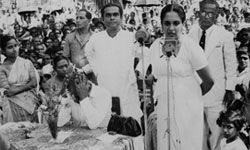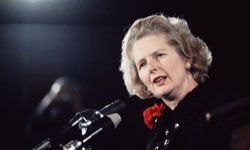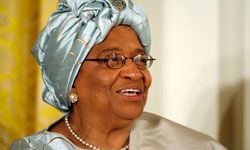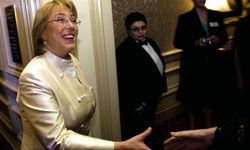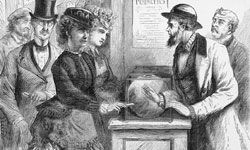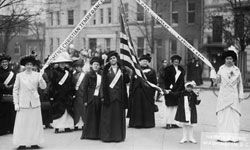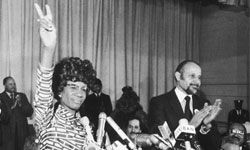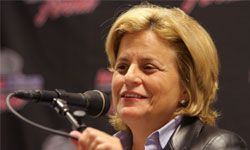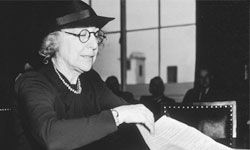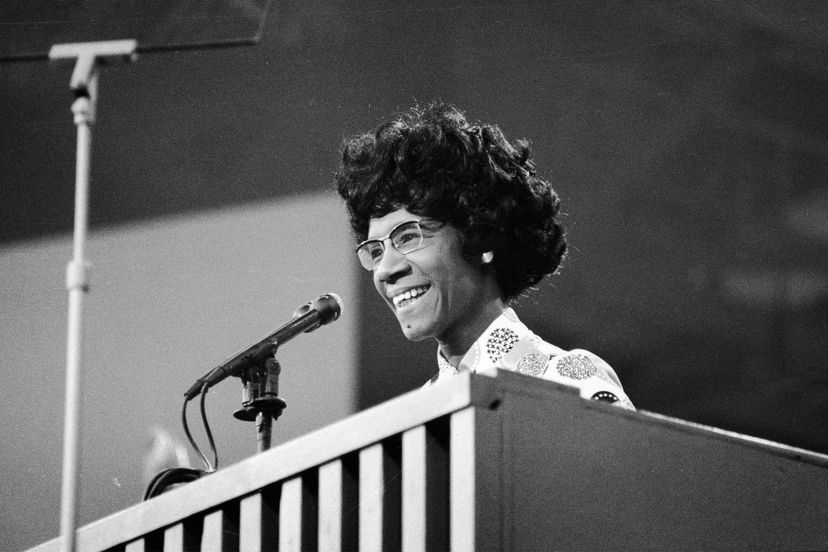
By the numbers, men and women are on fairly even footing -- from a global population standpoint, at least. According to 2012 worldwide estimates from the CIA, for every female baby born on the planet, 1.07 male babies are born, meaning that boys slightly outnumber girls early in life [source: CIA World Factbook]. However, that his-to-hers ratio evens out over the years, since men tend to die sooner than women [source: Kirkwood].
But for all of that statistical equality, it's a well-known fact that the places men and women live are often governed almost exclusively by the menfolk. The United States has yet to elect a female president, and as of 2012, women held 90 congressional seats, which might sound like a lot but actually is just 16.8 percent of the total [source: Center for Women and Politics]. Female senators are a similarly select group, making up only 17 of the 100 positions. That kind of gender gap also extends far beyond American borders, since women comprise less than 10 percent of government leaders and fewer than one in five parliament members internationally [source: UN Women].
Advertisement
As governments and organizations strive to close that sprawling disparity and get more women involved in political decision-making, it's worthwhile to recognize those who've already done their parts to achieve that goal. Around the world, the following 10 female political pioneers have trail-blazed their way to power and demonstrated just how much women rule.
